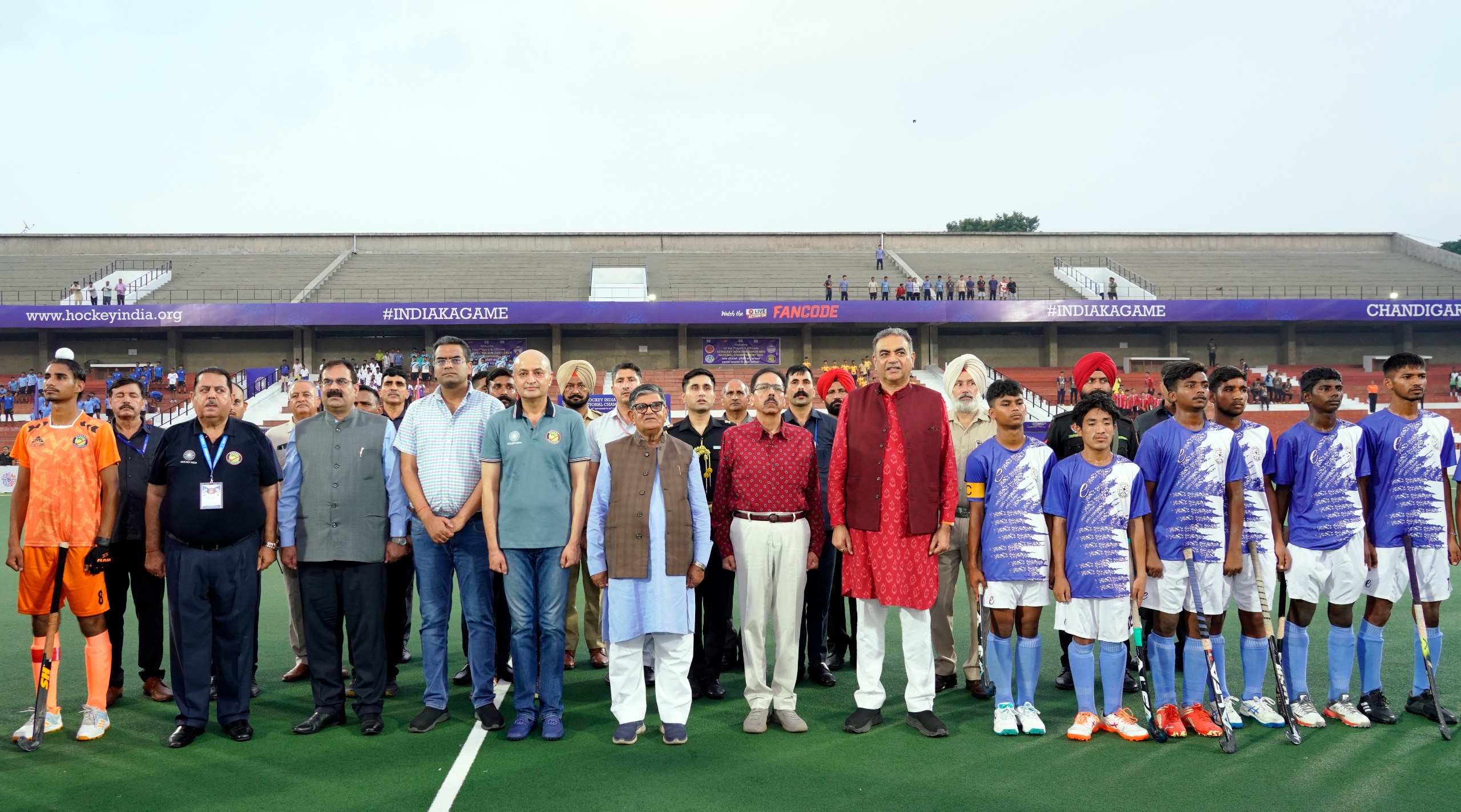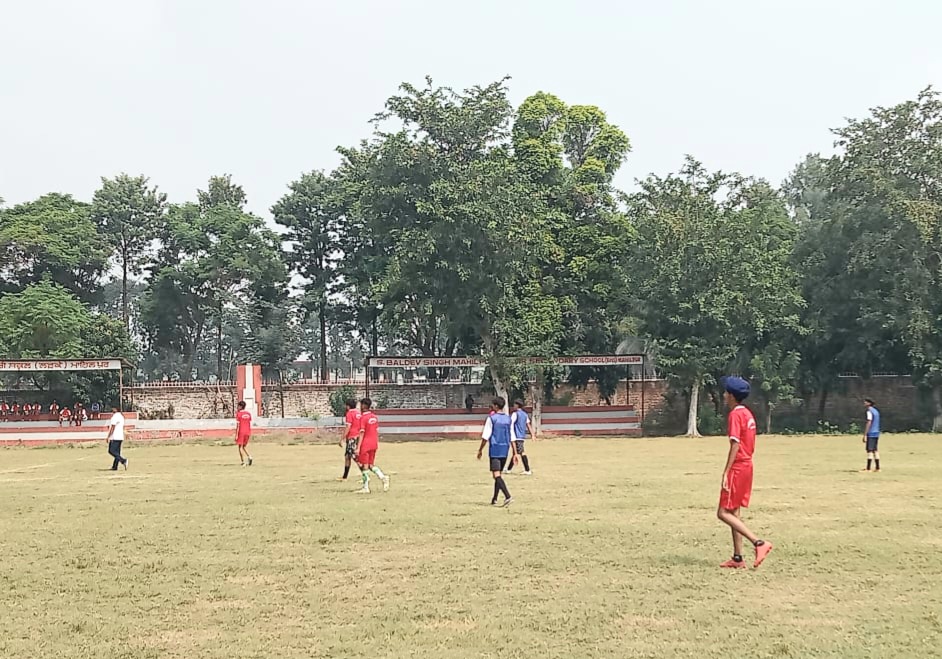
PANJAB UNIVERSITY GETS A PATENT FOR DEVELOPING AN INDIGENOUYS METHOD FOR PREPARATION OF STABLE MICROBIAL INOCULANTS
PANJAB UNIVERSITY GETS A PATENT FOR DEVELOPING AN INDIGENOUYS METHOD FOR PREPARATION OF STABLE MICROBIAL INOCULANTS
PANJAB UNIVERSITY GETS A PATENT FOR DEVELOPING AN INDIGENOUYS METHOD FOR PREPARATION OF STABLE MICROBIAL INOCULANTS
Indian Patent No. 512673
Date of grant: 20.02.2024
Inventors; Sanjiv Kumar Soni, Apurav Sharma, Raman Soni
Organic residues from biodegradable vegetable and kitchen waste pose significant threats to the environment, natural resources, and the economy. With growing awareness of municipal solid waste issues, research has increasingly focused on converting these wastes into value-added products. Generating biofertilizers from biodegradable solid waste has been less emphasized compared to biochemical and biofuel production. However, replacing synthetic chemical fertilizers with biofertilizers derived from biodegradable waste can reduce environmental impacts and benefit agriculture directly. This invention aims to prepare biofertilizer formulations to decrease reliance on chemical fertilizers and manage biodegradable municipal solid waste efficiently. The process, known as consolidated bioprocessing, uses a consortium of microorganisms, including Aspergillus niger S-30 and Klebsiella pneumoniae AP-407, to transform the waste. Klebsiella pneumoniae AP-407 is crucial for nitrogen fixation, phosphorus solubilization, potassium mobilization, and producing plant growth-promoting compounds. The resulting liquid and solid biofertilizers significantly enhance plant growth and soil health by improving root and shoot length, biomass, and the number of buds, flowers, and fruits, while enriching the soil with essential nutrients and growth factors.








